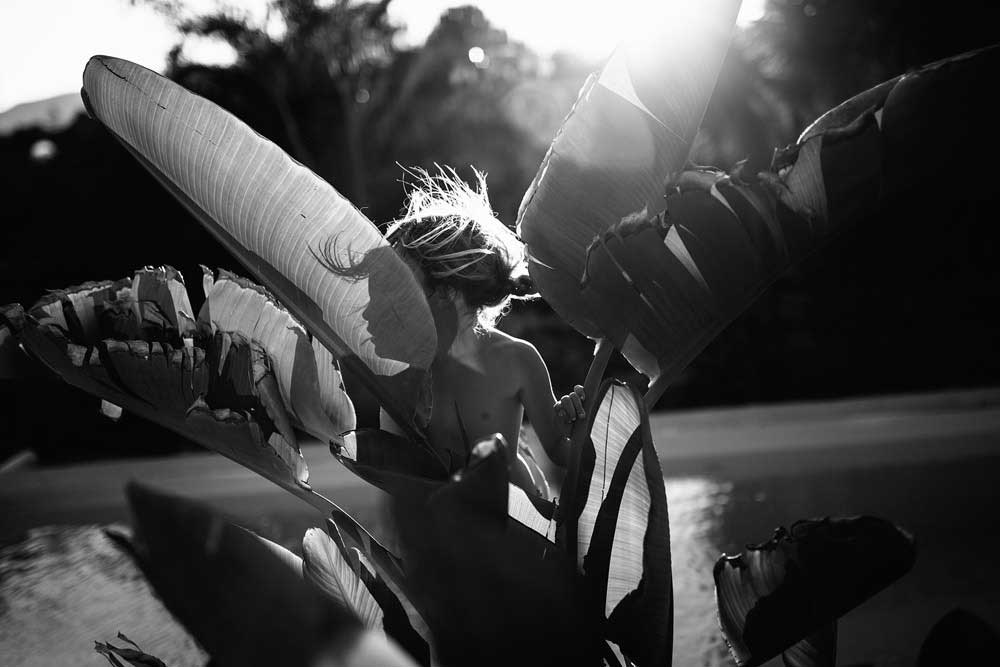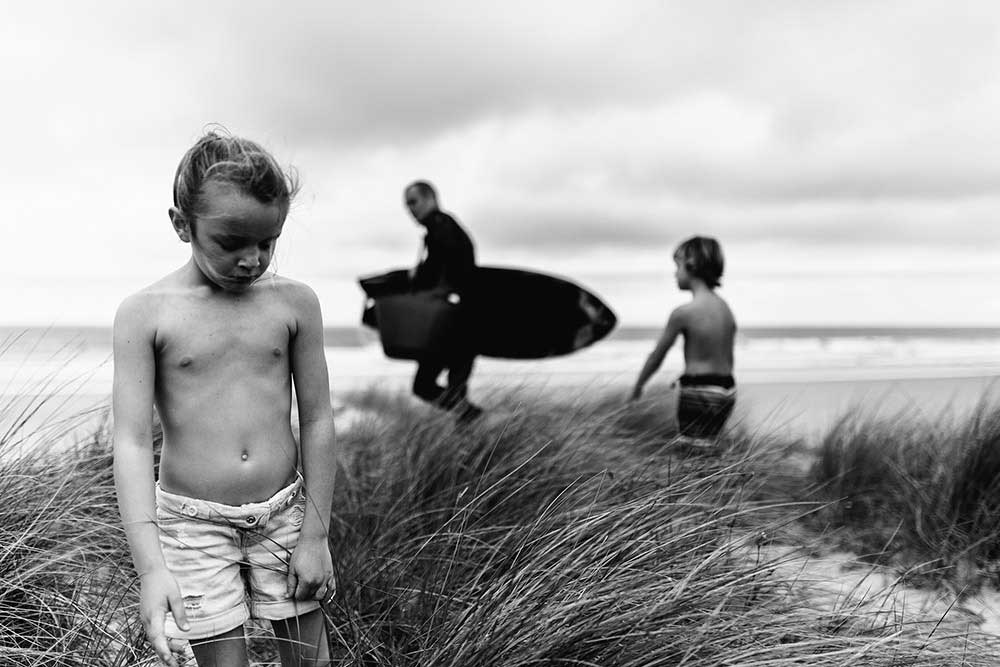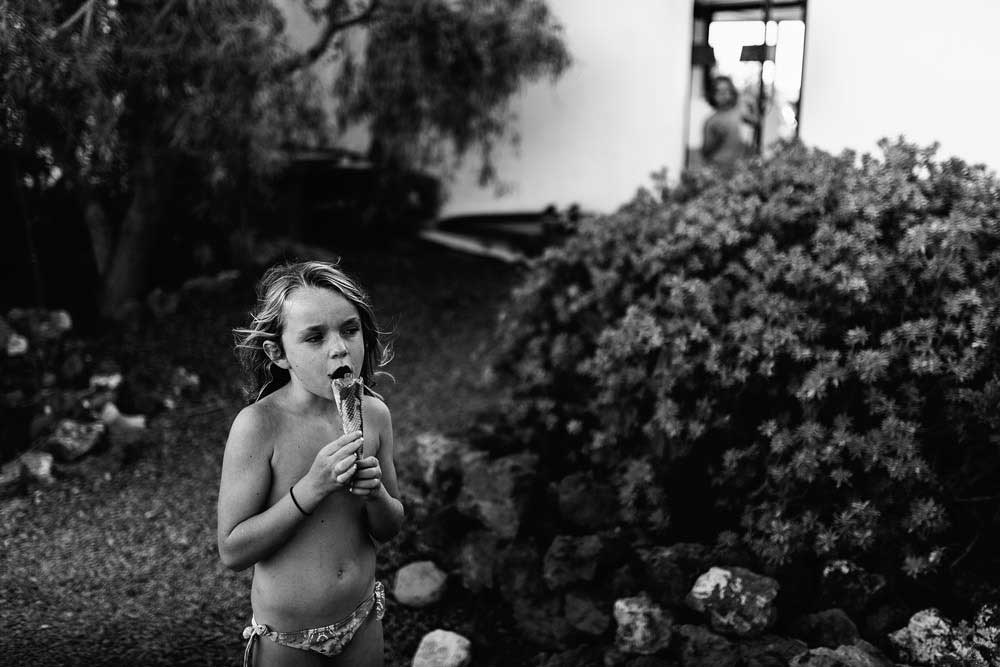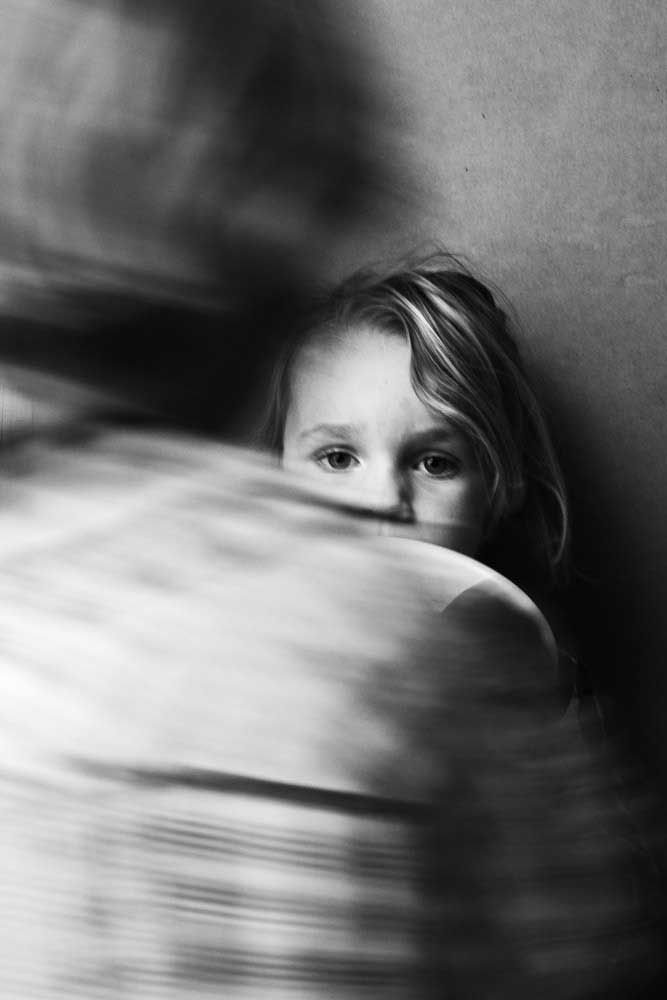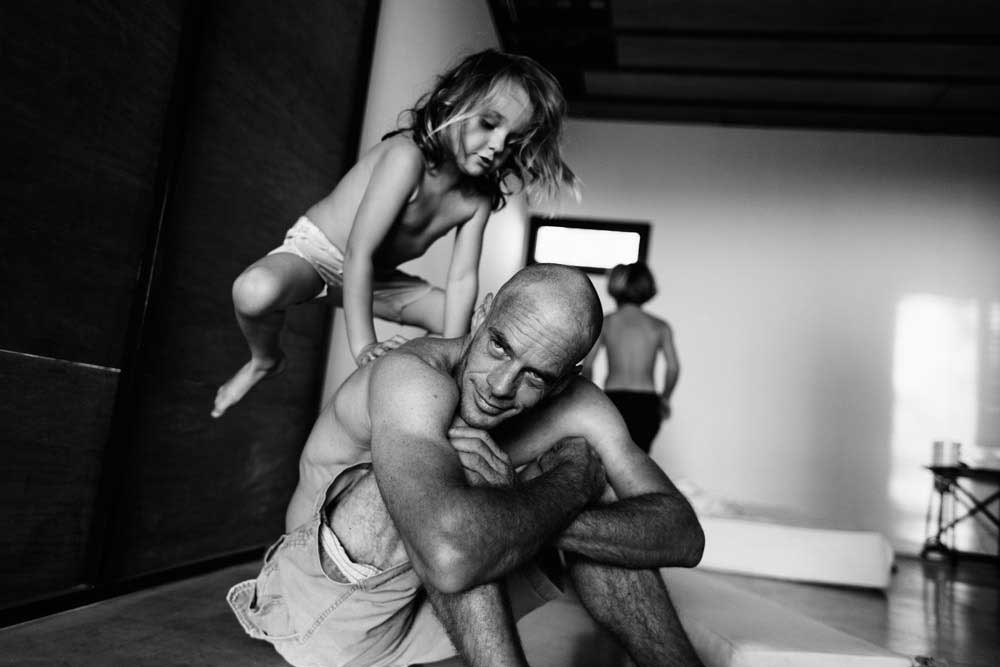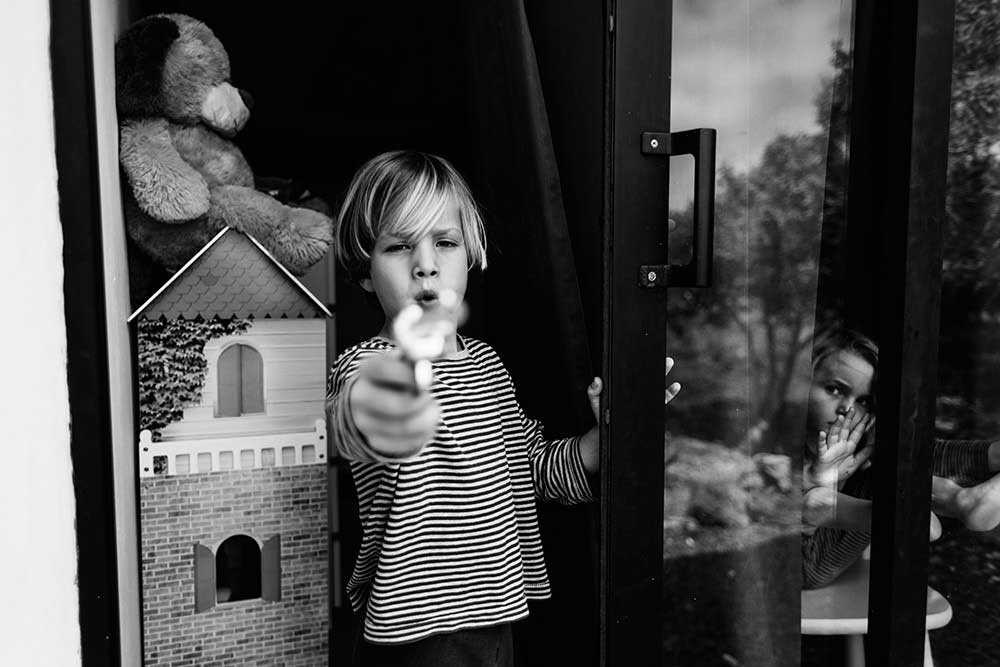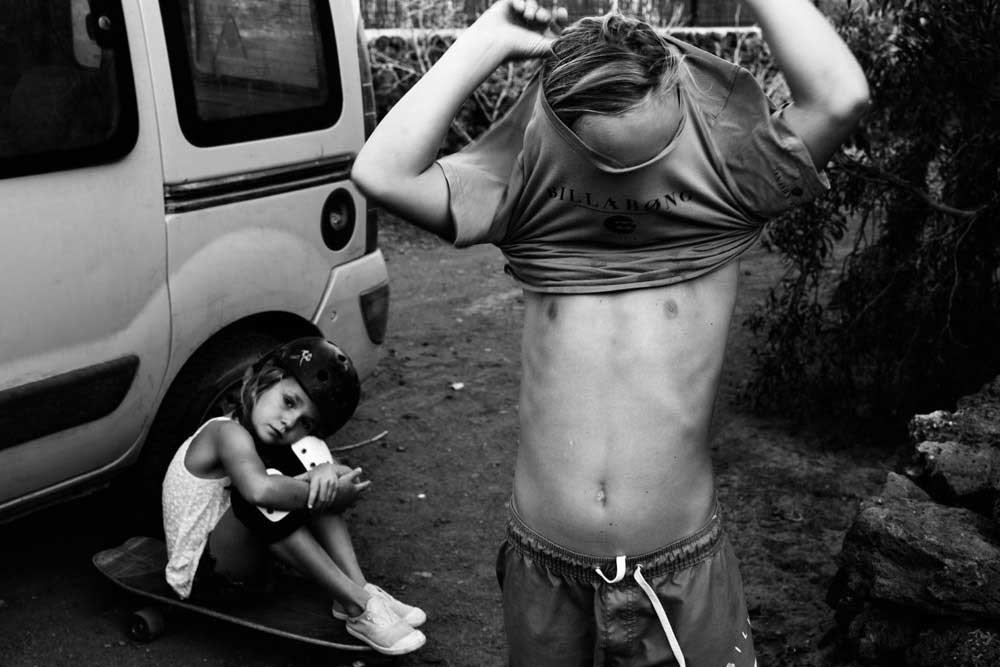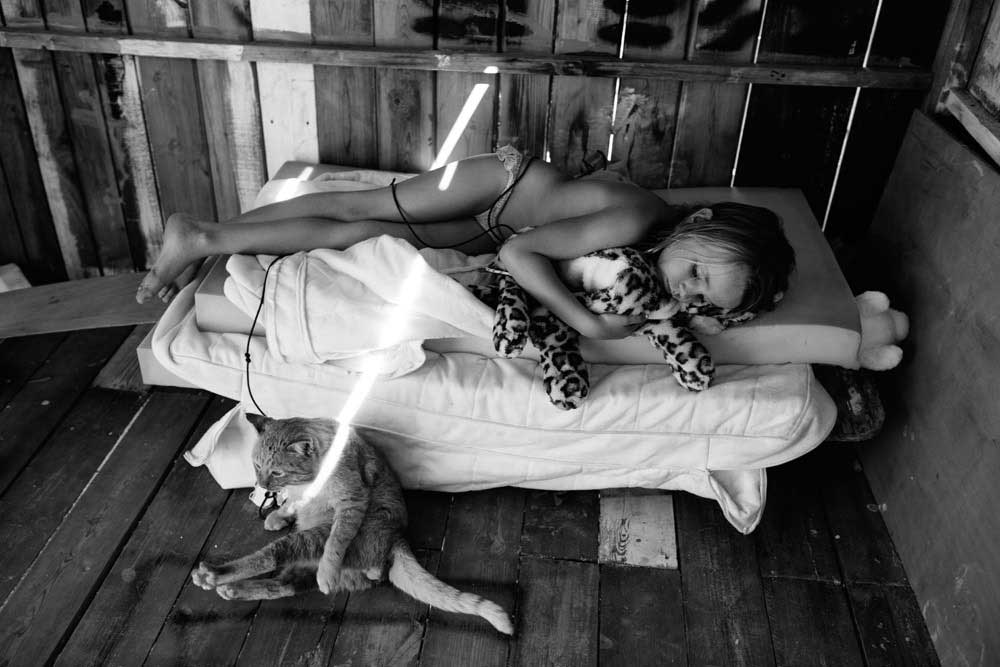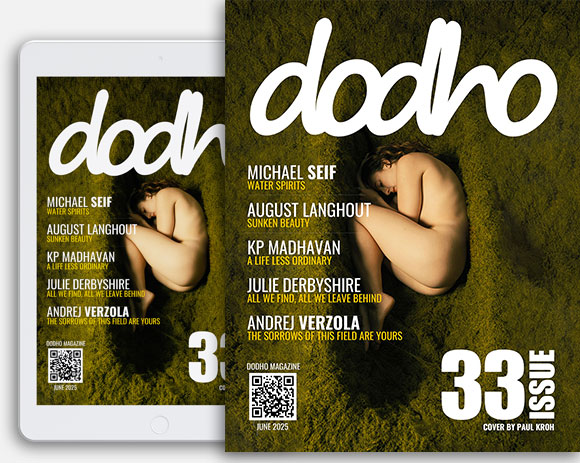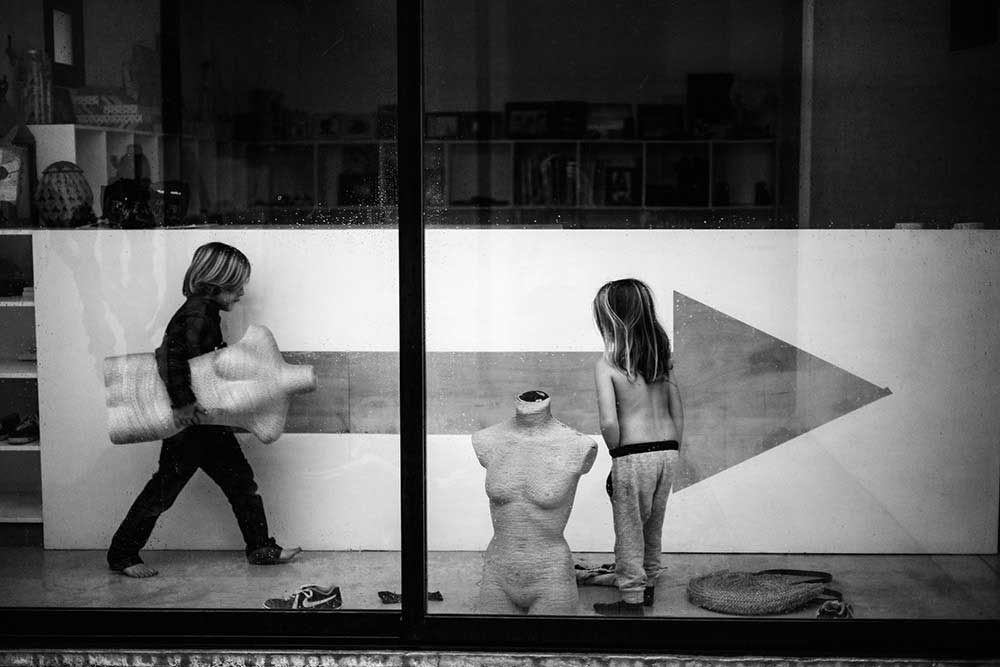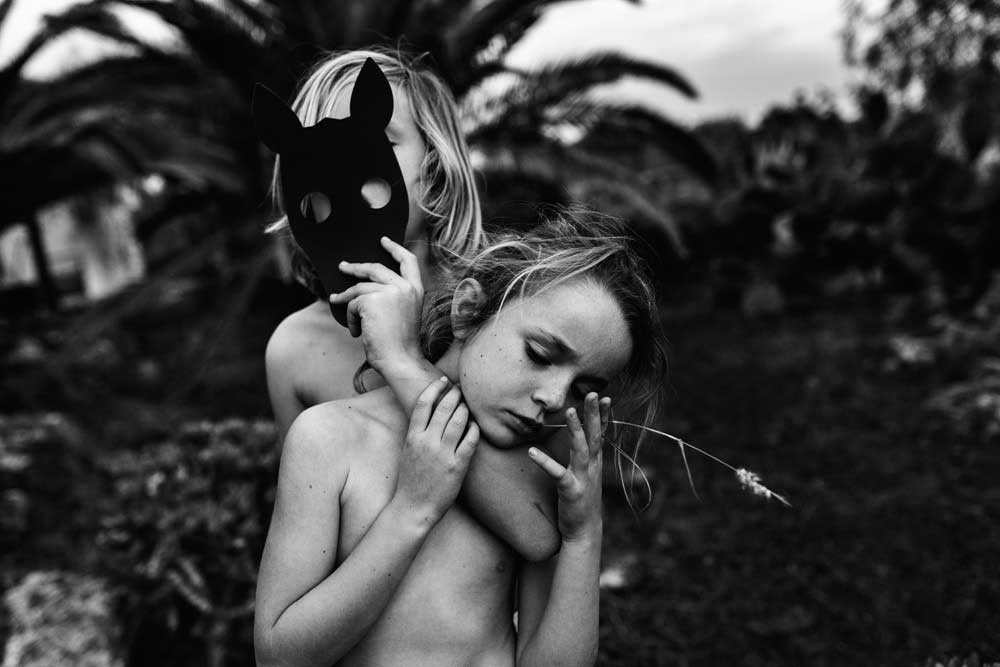When I think of my own childhood, my first memory is always of flight.
It is twilight and I am flying downhill on my bicycle towards home.
I can see the lights coming on in my house and can already imagine myself standing at the bathroom mirror to inspect the dried sweat lines on my neck, the darkened shade of soiled brown on my arms and hands. These are badges of honor which I pause to admire before their swirling disappearance down the bathtub drain, my nightly (parentally enforced) cleansing ritual.
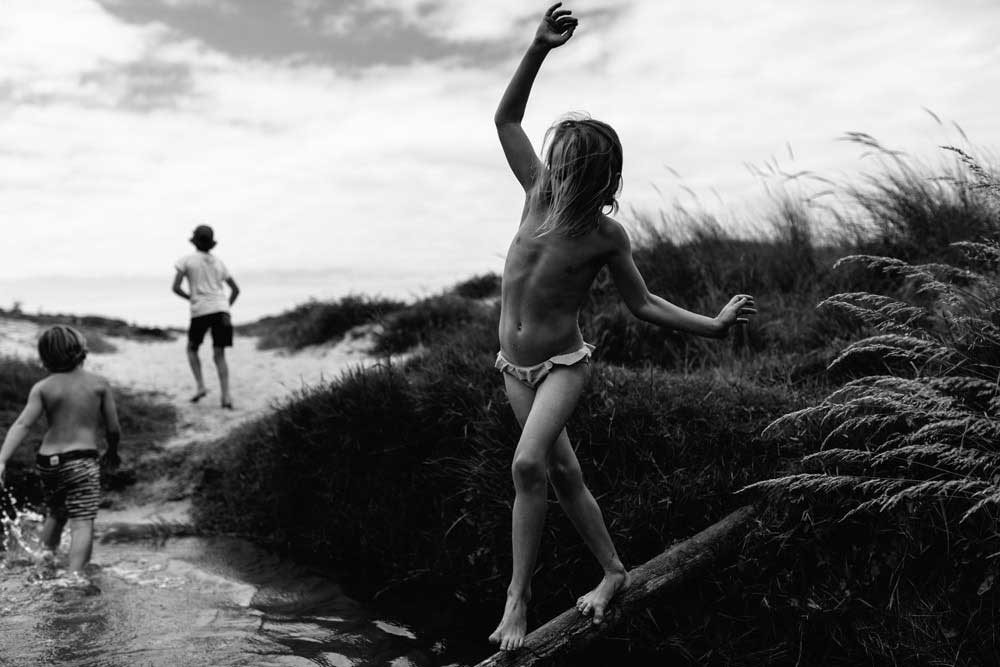
Everything is ceremony in the wild garden of childhood.
– Pablo Neruda –
Alhtough it may be overly sentimental to describe childhood as a fantastical time of wild innocence, J.M. Barrie was onto something when in his early 20th Century novel, Peter Pan, he described Peter as a beautiful boy with a beautiful smile, “clad in skeleton leaves and the juices that flow from trees”.
Of course, there are also more complex renderings of this landscape. The classic children’s picture book by Maurice Sendak, Where the Wild Things Are, acknowledges that children must navigate feelings of fear, frustration, jealousy, and anger in their early lives. This was radical in the early 1960’s when the book was published, but surely is key to its continued popularity with ensuing generations of children. Part of its brilliance is that these ideas are primarily communicated through Sendak’s illustrations, accompanied by only 338 words.
What is clear is that as we become adults, our childhood recedes like a remote foreign country, a fading territory of wildness and freedom. Adulthood, we all learn and must accept, is a form of exile.
I am reminded of all this when looking at Raquel Chicheri’s images.
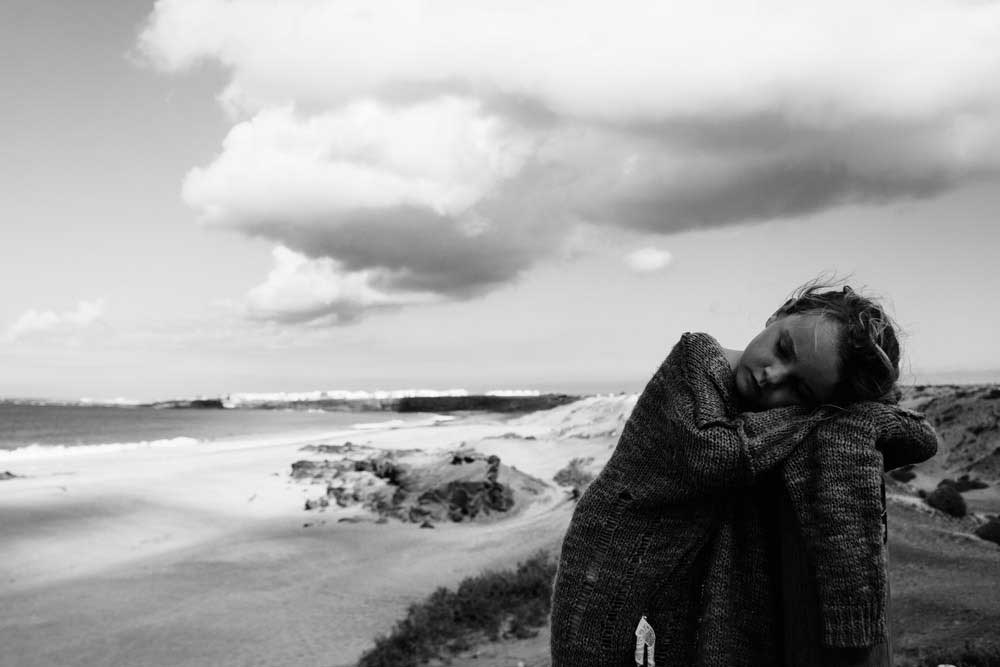
If you cannot teach me to fly, teach me to sing.
– J.M. Barrie, Peter Pan –
Chicheri’s work is beautiful and lyrical, but not overly stylized or dramatic in the fashion of other more well-known photographers who have adopted childhood as a subject. This genre of work can feel overly mannered and formulaic, but Chicheri’s work avoids being predictable or simplistic. It feels both more exploratory, and considerably less manipulative and intrusive. This gives her work an aura of authenticity and integrity. It is clear and direct, truthful and honest.
Though less intrusive, Chicheri is no less emotionally attached to her subject. Her deep love for these children, these people, is obvious and present in every image. But there is also a larger celebration of all that is mythic in life’s early beginnings. Her work feels like a loving archeology of childhood, an examination of moments frozen in time, like ancient shards and shells being examined in slow silence and with respect, which allows the artifacts to tell their own stories.
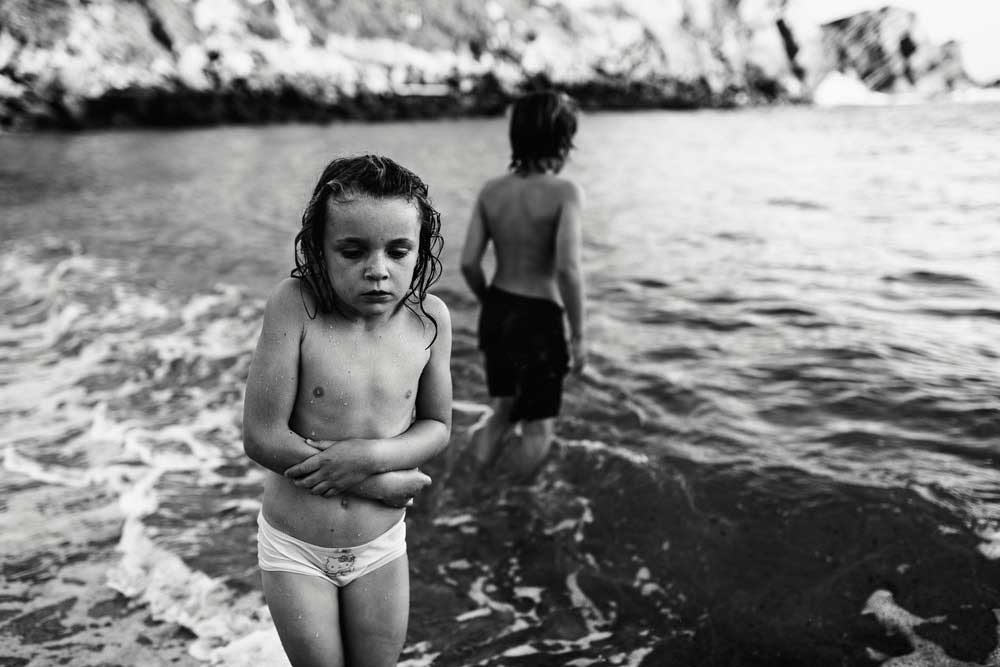
Chicheri displays an impressive and commanding control of her craft as she weaves these stories with an economical yet classical visual vocabulary: the poet’s understanding of light and shadow; a choreographic feel for timing, movement, and gesture; a storyteller’s use of the nuances of gaze and touch, juxtaposition and proximity. These images are more than a celebration of childhood, they are also a portal for those of us who long ago landed on the far shore of adulthood, reminding us of that distant time and place so eloquently caputured in Barrie’s Peter Pan: “On these magic shores children at play are forever beaching their coracles (small boat). We too have been there; we can still hear the sound of the surf, though we shall land no more.” [Images:Raquel Chicheri / Words: Joseph Squier] [Official Website]
